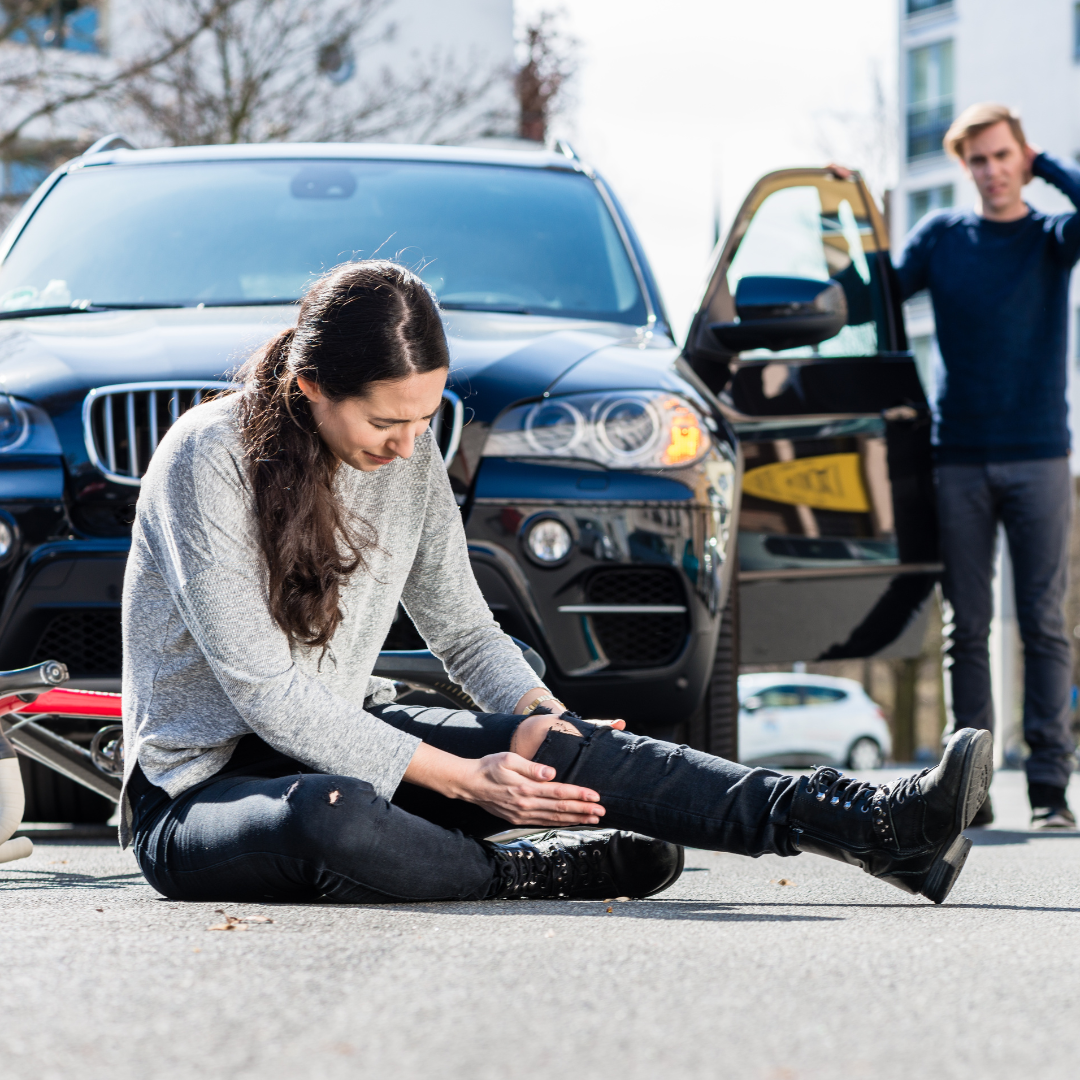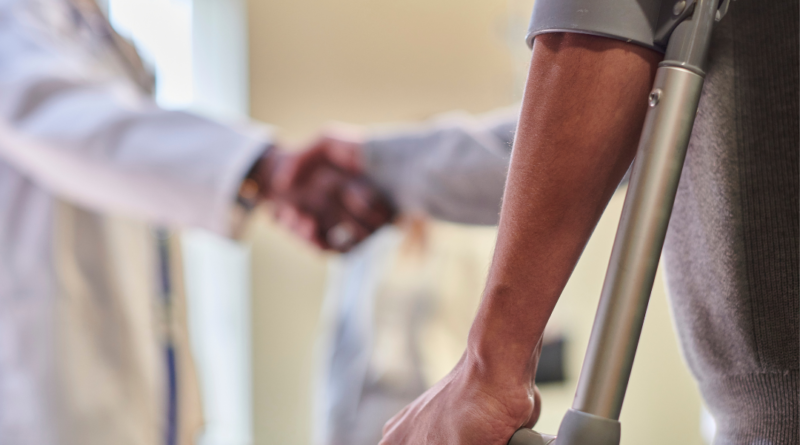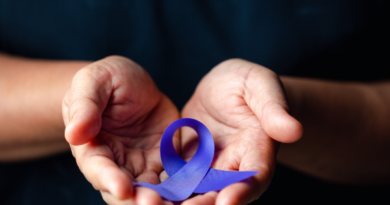How to Claim Compensation after a Personal Injury
Following an injury due to an incident or an accident, the afflicted person could feel disoriented, confused and anxious besides sustaining an injury. Whether it’s you or your loved one who has been subject to injury, it’s important to know what steps to take not only to remove the injured individual from the dangerous situation but also claim due compensation.
Receive adequate medical support
It goes without saying that the injured person’s health and well-being should be a top priority, and it starts with performing a medical self-evaluation. If the person has retained consciousness, they should be screened (or self-screened) for symptoms such as blurred vision, severe pain, inability to move limbs or stand, numbness and bleeding. Should any of these symptoms occur, an ambulance should be called immediately. If none of these symptoms occur, the injured person can be moved from the scene to a safer location, but a professional medical evaluation is necessary right away for more reasons than one. Firstly, there are injuries which do not show any obvious symptoms for days, weeks or months but can be quite dangerous if not identified and treated in time. Secondly, a timely professional medical evaluation will ensure that you get a report of the injuries sustained which can be leveraged to claim compensation for the injury. There are even some countries in which you cannot file a claim unless you have passed through a medical examination in a set period of time.
Compile your own evidence

After an injury, it’s important to compile your own evidence report. Make sure you gather information from all those directly involved in the event, as well as potential eyewitnesses. Acquiring information such as a name, address, phone number, insurance information, driver’s license number, and license plate can be crucial in the identification of all those involved as well as in contacting those who could help testify in your favour. Document the injuries sustained by taking photos of them immediately after the event and continue to document the changes so that it is clear how long the effects of the injury lasted. Also, if vehicles were involved, make sure to document the damage. Take photos from different angles of both the vehicles and the scene, as all of this could be used as evidence in your favour.
Seek help from professionals
It is paramount to get in touch with an attorney as soon as possible in order to increase the chances of claiming your compensation. Ensure you have professional medico legal report and all of the evidence previously compiled as well as a police report so that your legal representative has the best level of clarity about the situation. If you’re working with a personal injury attorney who has your best interest at heart, they will advise you on your options and the next steps in filing a complaint. An experienced personal injury attorney will be able to coordinate everything related to legal matters so that you can focus solely on your own life and healing process. Even if you do not decide to enlist the services of an authority in the field, most professionals offer the initial consultation free of charge. In the initial consultations, your legal representative is likely to request information about the specifics of the accident, your insurance and your medical treatment. They may also require you to sign documents giving them the authorisation to access your healthcare information. If the legal representative decides to take your case, they will also provide you with information about what’s coming next, the expected duration of the case, how much the case itself might be worth, along with advice about who to discuss the case with and when to keep silent.
Be patient
Bear in mind that processes involving legal matters could potentially take longer than expected and while it is possible to come to a solution within weeks, the more likely alternative is that it will take significantly longer for the case to come to a final conclusion. That is why patience is key. It is also essential not to make mistakes such as not keeping the case confidential or admitting fault and follow the advice of the lawyer or firm whose services you have enlisted.



